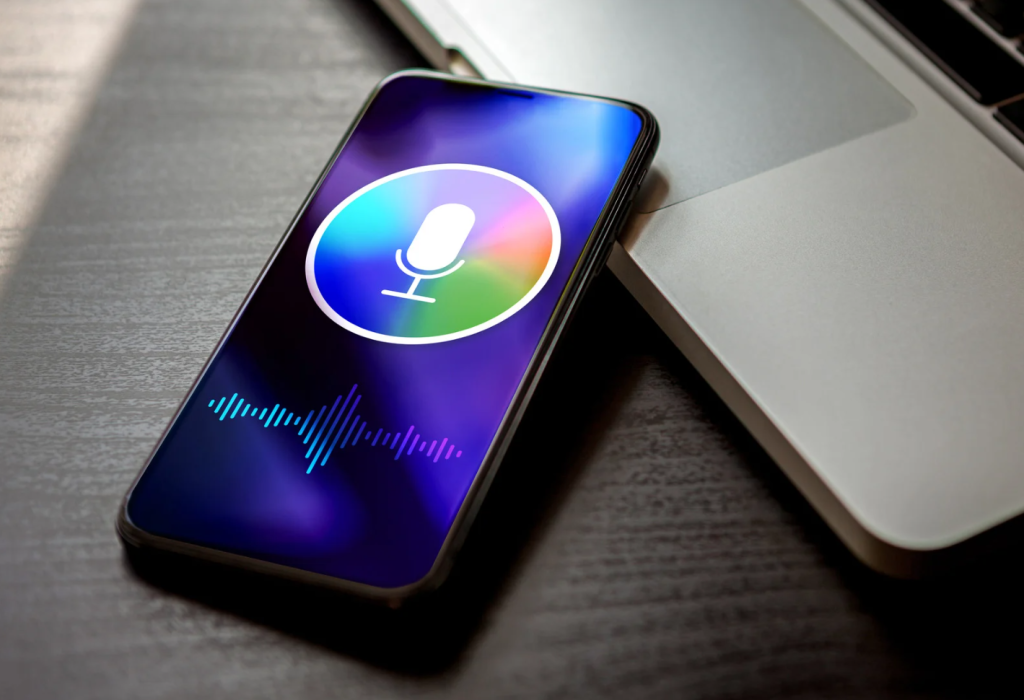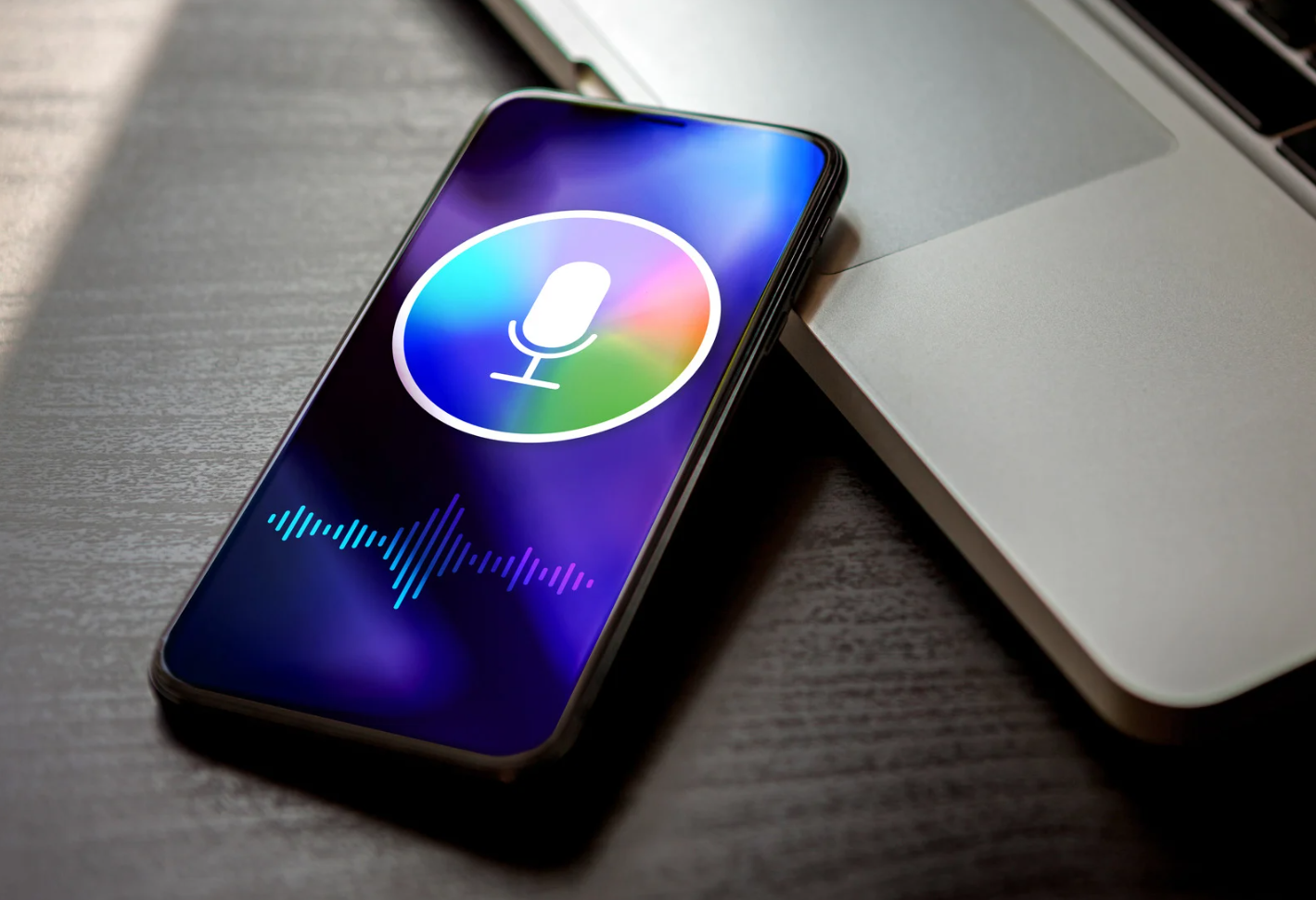
Apple is officially entering the AI search race. Set to launch in early 2026, World Knowledge Answers (Apple’s internal codename for its AI-powered answer engine) will transform Siri from a voice assistant into a multimodal search experience powered by Large Language Models (LLMs). This marks Apple’s most significant shift in search, user interface, and content summarisation in years.
While Siri has long lagged behind Google Assistant and Amazon Alexa in usefulness, Apple’s latest move signals a deeper push into generative AI. But they’re not going it alone. Despite competitive tensions, Apple is collaborating closely with Google, testing a custom Gemini model to generate summaries inside Siri and evaluating Claude from Anthropic for planning functions.
For brands, marketers, and SEOs, this means search visibility is about to change again. Below, we break down everything we know so far about Apple’s AI search rollout and what it means for your content.
Apple’s Search Engine: World Knowledge Answers
According to Bloomberg’s Mark Gurman, Apple is developing a fully AI-powered search tool called World Knowledge Answers. It’s not a traditional search engine with a homepage or link list. Instead, it’s being built into Siri, Safari, and Spotlight, Apple’s native search and discovery tools across iOS.
Unlike Siri’s current basic fact-checking, the new system is built on large language models that will:
- Generate AI summaries in response to voice or text prompts
- Blend text, images, video, and points of interest
- Surface live web content, not just static answers
- Respond based on on-screen context and personal user data (when permitted)
This positions Siri to become Apple’s version of Google AI Overviews, ChatGPT, and Perplexity, all competing for user attention at the answer layer, not the traditional 10-blue-links model.
Google, Gemini, and Siri: Strange Bedfellows
Despite developing its own AI models, Apple is relying heavily on Google to deliver this new experience. Gurman reports that Apple has entered a formal agreement with Google to test a custom Gemini model, potentially hosted on Apple’s own servers, for use in Siri summaries.
Here’s how the AI stack looks:
- Apple LLMs: Used for personalisation and on-device data retrieval
- Google Gemini: Used for generating broader web summaries
- Anthropic Claude (under evaluation): May be used for the planner module
- Planner: A new Siri feature that interprets user intent
- Summariser: Builds rich responses from search and context
- Search module: Combines screen content, local data, and online results
This blend of proprietary and partner AI gives Apple a hybrid model. It’s faster than building it all in-house, but more private and integrated than relying entirely on a third-party like OpenAI.
When Will It Launch?
Apple is expected to roll out World Knowledge Answers with iOS 26.4, due in March 2026. The AI-powered Siri experience will be a core part of the update and may be previewed after the iPhone 17 announcement this month.
Initially, the feature will appear inside:
- Siri (voice and text)
- Safari (search results with AI summaries)
- Spotlight (device-wide search)
Apple has reportedly scrapped plans to launch a separate chatbot app, choosing instead to deeply embed AI into its native search layers.
Why This Matters for SEO and Content Visibility
If your SEO strategy is still built around classic SERPs and keyword rankings, this is your wake-up call.
Apple’s AI search engine will decide:
- Which brands show up in voice answers
- How your site is summarised for Siri queries
- Whether your content is understood contextually
- If your business appears in local, visual, or video result blends
Even if you’re ranking #1 on Google, that doesn’t guarantee placement in World Knowledge Answers. Apple’s system may utilise different sources, cues, and summary logic than Google’s crawler-based algorithm.
In other words:
Your visibility now depends on what Apple’s AI says about you.
With a 45.5% mobile market share in Australia and 38.6% in New Zealand (as of mid-2025), this is not a minor channel. It’s a significant aspect of how search is utilised in both countries.
What Apple’s Move Tells Us About the Future of Search
This shift is more than just a Siri upgrade. It signals how AI is reshaping the search experience itself:
- Search is multimodal: Text, video, imagery, and maps are now integrated into a single result. They’re unified outputs.
- Search is AI-interpreted: Instead of link lists, users get LLM-built answers. Often skipping over original sites.
- Search is UI-native: Apple isn’t launching a new “engine.” It’s embedding search into existing layers: voice, browser, home screen and spotlight.
It also shows that AI Search (also known as LLM Optimisation or LLM-O and Generative Engine Optimisation or GEO) is no longer just a Google problem. You now need to consider:
- What Siri says about your product
- How Gemini or Claude interpret your blog content
- Whether Apple’s summaries are accurate, misleading, or missing you entirely
What To Do Now
This shift will favour brands that use agencies that deeply understand LLMs and prepare their content accordingly.
Here’s how your agency should prepare:
1. Make content summariser-friendly
- Use clear, structured headers
- Keep explanations tight and context-rich
- Include local info, key product features, and FAQ formats
2. Optimise for multimodal results
- Add relevant images, videos, and rich metadata
- Align schema markup to reflect service areas, reviews, and FAQs
3. Test how your brand shows up in AI engines
- Check Siri summaries (once released)
- Audit ChatGPT, Perplexity, and Claude for hallucinations or gaps
- Refine pages to fix misinterpretations
4. Think voice-first
- Rewrite key messaging to sound natural when read aloud
- Ensure your top answers make sense without visuals
Apple’s entry into the AI Search market is a game-changer. For years, Siri has been an afterthought in search, but that’s about to change.
With World Knowledge Answers, Apple is aiming directly at the future of voice-first, AI-driven, context-aware search, right inside the iPhones that make up 45% of the smartphone market in Australia (~12 million users), 45% in the UK (~24 million users), and 57% in the USA (~143 million users)..
If you want to be visible in that future, your content needs to be structured, accessible, and AI-ready. Because soon, it won’t just be Google choosing what users see. It will be Siri too.
Need help adapting your content to Apple’s new AI engine?
Kia Ora Digital specialises in AI Search (LLM optimisation and GEO), as well as blended search strategies that align paid, organic, and AI results for maximum profit generation.
